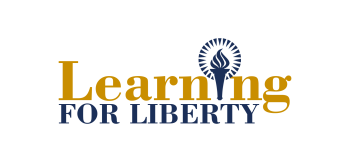Education is an essential aspect of human life, and it is crucial for individuals to acquire knowledge and skills that will help them excel in their careers and personal lives. However, not all education systems are created equal. Some countries have better education systems than others, and it is essential to explore the best practices that these countries use to improve their education systems.
Why are Best Practices in Education Important?
Exploring best practices in education is crucial because it helps countries identify the most effective teaching methods, curriculum, and assessment strategies. These best practices can be adopted by other countries to improve their education systems and provide better outcomes for students.
Moreover, exploring best practices in education can help countries identify areas of weakness in their education systems and work towards improving them. It can also help policymakers make informed decisions about education policies and allocate resources appropriately.
Best Practices in Education Around the World
Several countries have implemented innovative practices in their education systems to improve student learning outcomes. Some of these best practices include:
- Finland’s education system focuses on student well-being and holistic development, with an emphasis on creativity, critical thinking, and problem-solving skills.
- Singapore’s education system emphasizes academic excellence and has a rigorous curriculum that focuses on core subjects such as mathematics, science, and languages.
- Japan’s education system emphasizes teacher training and professional development, with a focus on developing strong relationships between teachers and students.
- Canada’s education system promotes diversity and inclusivity, with a focus on student-centered learning and personalized instruction.
- South Korea’s education system emphasizes hard work and academic achievement, with a focus on after-school tutoring and extracurricular activities.
Exploring best practices in education around the world is crucial for improving education outcomes and ensuring that students receive the knowledge and skills they need to succeed in their personal and professional lives. By learning from the best practices of other countries, policymakers can make informed decisions about education policies and allocate resources effectively.

